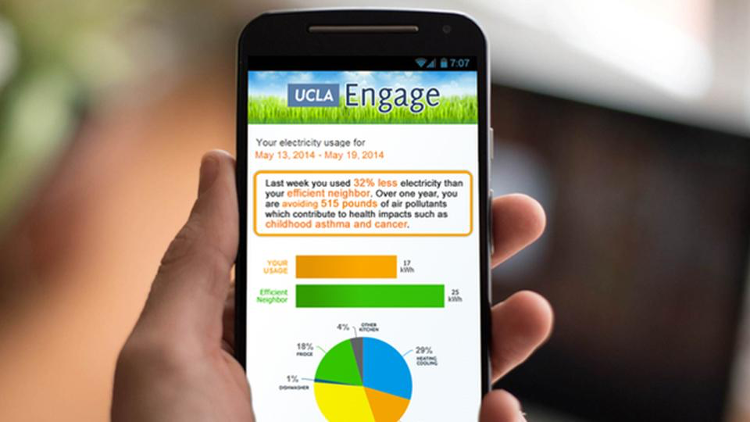The Challenge
Traffic and vehicle emissions contribute to Los Angeles’ notorious polluted air. The advent of plug-in electric vehicles (EVs) presents a viable solution to this problem by reducing carbon emissions and improving local air quality. However, the widespread adoption of EVs requires the development of reliable and efficient charging infrastructure. Moreover, as EV adoption grows, EV charging will introduce new challenges, such as understanding the interplay between the demands on the electrical grid and EV charging behavior. For example, if many drivers try to charge their vehicles simultaneously, the excessive demand may require utility companies to provide additional power using inefficient power plants, creating unintended consequences for sustainability.
As such, a growing and effective EV infrastructure for Los Angeles is not only about increasing the quantity of available charging stations, but also increasing the quality of the infrastructure for service and delivery. Using data-driven models, this study will contribute to our understanding of how drivers use EV charging infrastructure in Los Angeles County in order to make EV adoption more widespread.
The Solution
This study provides the first large-scale evidence on EV charging behavior and usage patterns in Los Angeles County. Divided into four core tasks as described below, the project will help facilitate the sustainable growth of EVs and charging infrastructure in the county.
- Using PlugShare, the world’s most widely used EV charge station locator app, researchers collected 230 million transaction records county-wide.
- EV charging behavior models were established to design experiments and estimate the effects of different pricing and technology treatments.
- The impacts of EV charging on the power systems within the county were assessed. Specifically, theories were developed to account for existing EV infrastructure usage in order to optimize performance in the future when EV adoption grows.
- The study findings—including both short- and long-term effects along with their implications on energy consumption patterns—will be organized into a final report.
Next Steps
Researchers received additional funding from Microsoft Research, the National Science Foundation and the Civic Data Science REU Program at Georgia Tech to expand the scope of research from Los Angeles County-specific project to a national study.
Publications and Reports
Asensio, O. I., Alvarez, K., Dror, A., Wenzel, E., Hollauer, C., & Ha, S. (2020). Real-Time Data from Mobile Platforms to Evaluate Sustainable Transportation Infrastructure. Nature Sustainability, 3(6), 463-471. doi:10.1038/s41893-020-0533-6

Topics
Research Team
Omar Isaac Asensio
Formerly with Institute of the Environment & Sustainability (currently, Georgia Institute of Technology)
asensio@pubpolicy.gatech.edu
Samuel Coogan
Formerly with Electrical Engineering, Henry Samueli School of Engineering & Applied Sciences (currently, Georgia Institute of Technology)
sam.coogan@gatech.edu




